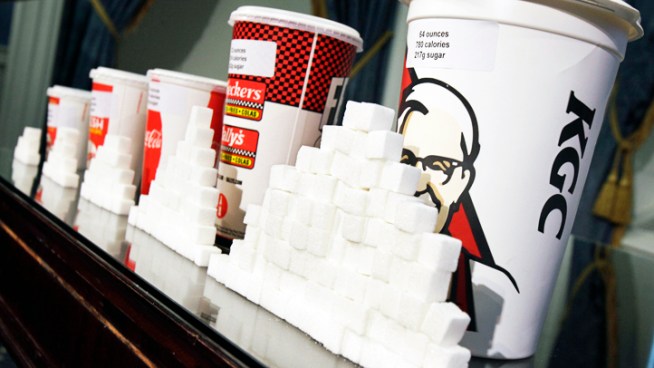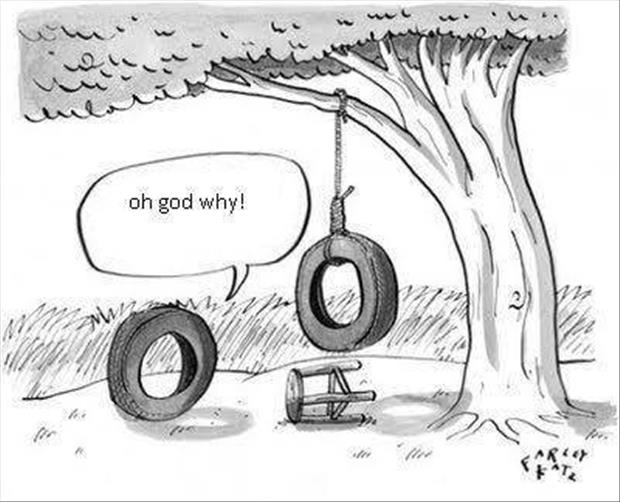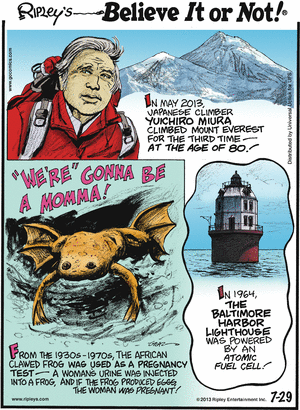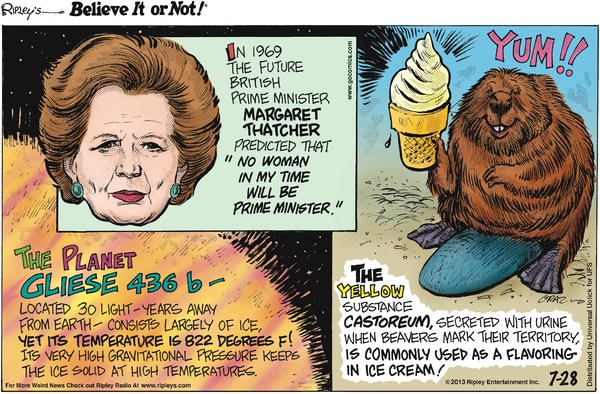Approximately half of small businesses fail within their first five years of launching. Some of them fail due to the economy, others fail due to strategic mistakes. But sometimes a business has a great business model, a great product, a great team, but is still doomed to fail. Why? Some industries are significantly riskier than others; they have greater competition, higher overhead and a lower rate of success. While no industries are foolproof (and consumer trends often fluctuate), it never hurts to know which business types are thriving, and which are sinking.
Likely to Fail
Mom & Pop Restaurants
While restaurant chains and franchises still enjoy comfortable revenue, the economic climate is still extremely different for Mom and Pop restaurants. Restaurants have an extremely long list of expenses, including food and alcohol permits, insurance, waiters, chefs and fresh food supplies which can spoil easily. If you’re going to be starting a restaurant, be sure to have your financials in order and a lot of monetary cushion.
Direct Sales
Direct sales businesses rely on the business owner selling to a customer directly (think CutCo, Pampered Chef, Mary Kay and other companies that rely on one-on-one demonstrations and party plans). This approach to sales has fallen greatly out of favor, and it’s difficult to reconcile with the consumer trends towards online purchasing and e-commerce.
Independent Retail Stores
While large retail stores are recovering from the recession, local and boutique retail stores were hit hard and have yet to recover. Many small retail stores find that consumers are still spending less, and they face fierce competition and steep lease prices when vying for prime retail locations. If you’re entering the world of retail, be sure to have a tight budget, and offer some value that larger stores don’t (hand crafted goods, locally grown produce, supporting a family business, etc.).
Likely to Succeed
Mobile Games
The mobile games industry has more than doubled in the last 5 years—from $2 billion in 2007 to $4.5 billion in 2012. This may not come as a shock, considering the explosive growth of smart phones, but the fact remains that this space went from non-existent to a multi-billion dollar industry in under a decade. While you may not have the technical skills to develop mobile games, take some time to learn the tricks of gamification and read how to take your business mobile.
Internet Publishing
Not long ago we found the information and entertainment we desired in books and magazines, on television, radio, CDs and more. Now all of this content is found in one place: the internet. The internet publishing industry is massive, with 11.4% annual growth since 2007, and an anticipated value of 72 billion dollars in 2017. Find a way to successfully deliver the content people want online, and you can increase your SEO, boost your customer base and stay afloat in the tidal wave of online business.
Residential Construction
While this stat may be surprising in light of the housing crisis, the numbers show that the construction industry is finally picking up. Residential construction is expected to increase about 10% each year, reaching a whopping $573.1 billion in 2017. Electricians, civil project engineers, construction managers, builders, masons and carpenters will see a bump in opportunities, and for those looking to break away this might be a great time to start your own business.
Runner Ups
Artisanal Alcohol and Beers
Even when people are hurting financially, they won’t skimp on their alcohol. The demand for unique alcohol options and craft beers grew around 30% in 2012, and is expected to continue expanding.
Pet Care
The pet care industry has been growing 4% annually as America’s demographic of furry friends continues to climb. Surveys reveal that 62% of U.S. households own a pet, and the pet industry raked in $52.87 billion in 2012.
Environmental Consulting
While the consulting industry in general has been stagnant, the number of environmental consultants has grown exponentially thanks to new environmental legislation and growing public interest. The environmental consulting industry has grown about 39% a year since 2007, and that rate is only expected to flourish.
















































